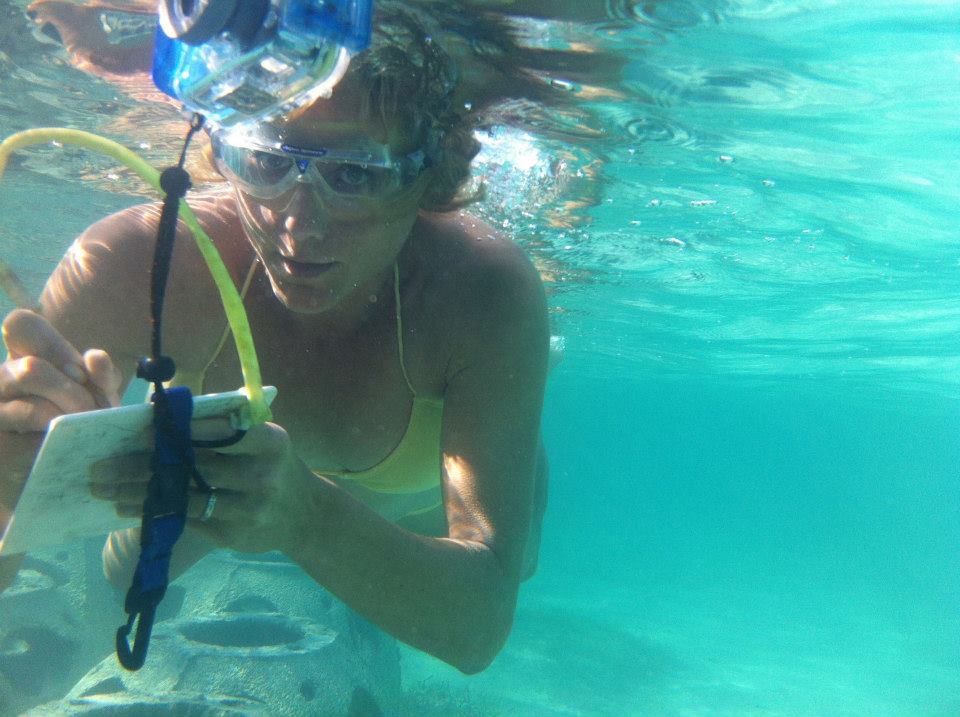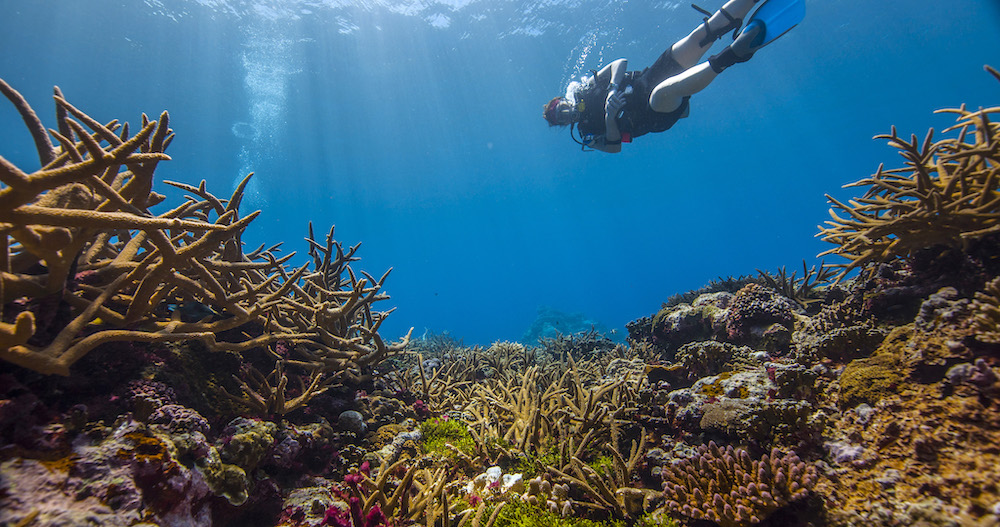Right now, many of us are dealing with the effects of self-isolation due to the COVID-19 pandemic. There are those who are quick to blame the media, the health organizations, the President, and others in government positions for the lack of expediency in dealing with this outbreak. Maybe it’s right to blame them, maybe it isn’t—the bottom line is that things need to change so that response measures can improve in the future.
 Drawing from what we are seeing today, there are “barriers” that seem to keep people from taking the advice of the government or protecting themselves from the outside world.
Drawing from what we are seeing today, there are “barriers” that seem to keep people from taking the advice of the government or protecting themselves from the outside world.
These barriers to change range from disbelief and fear, to funding hold ups and supply shortages across nations. Comparably, we can see similar barriers when it comes to enacting adaptations to climate change, particularly within smaller developing countries.
Climate change has been on our radar for some time now, but it is interesting to see similar resistance to COVID-19 information as we’ve seen with the legitimacy of climate change. Natasha Kuruppu and Reenate Willie (2014) studied systematic barriers and the effects they had on small island nations. They found that the resistance in response to certain adaptations, and why it was more difficult for these smaller governments to enact change, was in direct correlation to evident barriers within the community. By identifying these impediments, a government can then plan ways to evaluate and overcome said barriers.
Small Island Developing States
Because Small Island Developing States (SIDS) share common characteristics and challenges with one another, they have been uniquely identified by the United Nations and are sometimes looked at collectively as they respond to climate change. There have been some nations that respond selectively to certain issues, for example the use of certain plots of land during hurricane season in Samoa (Kuruppu and Willie, 2014). But, as a whole, most developing countries resist adaptations due to a lack of governance. [Governance is how society or groups within it, organize to make decisions. It determines who has power, who makes decisions, how other players make their voice heard and how account is rendered.]
 The disconnect between governments and local communities can be vast, and therein lies the issue when it comes to actually enacting any change. Local communities rely on their own members and respond to change when it affects individuals directly. A shortage of food at a local level, although potentially being traced back to a global issue, won’t be considered a result of climate change to a starving family sitting around a dinner table. To enact change, adaptations need to focus on empowering leaders at a local level so that they can go out into their own communities to discuss culturally appropriate strategies (Kuruppu et al., 2014).
The disconnect between governments and local communities can be vast, and therein lies the issue when it comes to actually enacting any change. Local communities rely on their own members and respond to change when it affects individuals directly. A shortage of food at a local level, although potentially being traced back to a global issue, won’t be considered a result of climate change to a starving family sitting around a dinner table. To enact change, adaptations need to focus on empowering leaders at a local level so that they can go out into their own communities to discuss culturally appropriate strategies (Kuruppu et al., 2014).
If your government representative came to you with a proposition for change, most of us would shut the door on them, if we recognized them at all in the first place! However, if your neighbor came by—someone you know and trust—and asked for a favor, most of us would invite them in to discuss the issue. Inspiring local leaders, or “champions”, to enact adaptations in response to climate change is the most effective way to actually see results on both local and global levels. We all struggle with the truth sometimes but finding ways to process truths is the next step in motivating people to enact change!



